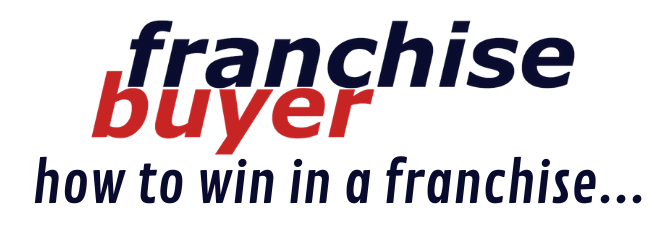
Is the business lifestyle compatible with your future?
With so many businesses out there claiming to be ‘lifestyle friendly’, what does that mean, and how do you find the one that best fits your own idea of ‘lifestyle’?
In my experience – after working closely with hundreds of business owners over the years in exiting their businesses – it is not uncommon for a business and its owner to drift apart after several years. By ‘drift apart’, I mean the business can start to feel further and further away from where the owner would ideally like their role in it to be and, the role the business plays in their life. It essentially becomes incompatible with their lifestyle. It is interfering with family events, lifestyle goals and the owner’s overall happiness with the business become strained.
Aspects like: the opening hours are not family friendly for what their family now needs; the profit level is not suitable for their lifestyle requirements; and they just don’t like what they are doing any more. The sad part is most of these problems can be avoided with a little more focus on what goals the owner – when they were a buyer of that business – wanted to achieve from the very start. Managing your own expectation in anything, let alone the purchase of a business, is so crucial.
What do you want?
As a potential business buyer, it is important to sit back and think about what you want to achieve from buying a business. When doing this, you need to consider your lifestyle requirements in the immediate future, but also a little further out as well. I find that a 5-8-year period is the best timeframe to think about, it is a decent chunk of time and allows you to set a proper plan going forward. It also gives you a chance to work and grow, and then exit your business as appropriate. By conducting this process and visualizing future life scenarios, you’ll be well equipped to consider businesses you not only want to buy (as believe it or not, just because you want it does not make it ‘right’ for you), but are better suited to your current and future lifestyle goals and expectations.

I’d like to give you some examples to illustrate this point.
Childless Couple
A childless couple is currently looking to purchase a business and like the idea of a café. The café opens long hours, late nights and weekends. They plan to start a family over the next few years and, settle into the community with the kids going to a good school close by. So, their considerations should be about the businesses suitability at that stage of their life. What will their lifestyle be like when they have a newborn or toddlers? Will the business still be suitable, or, will it be detrimental to their lifestyle goals?
In this case, the couple should think about their family goals and find a business that is suitable for what their life will look like in 3-4 years’ time, as opposed to focusing on the ‘right now’ scenario. In this case, they could still buy the café business, so long as they have a plan for when the time comes to extend their family. This may be along the line of having well-trained management and other staff in place to ensure they achieve their lifestyle goals.
Family with teenage children
A family with teenage children is looking at a business that will require the owners to travel extensively – meaning many nights away from home. Generally, their family and children will need a lot of time and attention as they progress though school, sport commitments etc. Owning a business that will see you away from home a lot, could have other ramifications on your family that, may not be clear when in the moment of looking at a business to buy.
Emotion
Emotion is one of the main challenges we see and deal with in transacting businesses. Buyers often don’t take enough time considering the business and all that it entails, and I’m referring to how the business will affect their lifestyle in the future. They like the business and think they’ll miss out if they don’t ‘make the move’ now, and a sense of urgency (or rushing) kicks in.
In some cases, this may be true for some businesses, but this is not the norm. It is important to remember that there are literally thousands of businesses for sale within Australia at any time, so there will always be others to consider. It is good to be emotional about buying a business, after all, you want to be passionate about it if you are going to be operating it every day for the next 10 or so years. Just make sure you are emotional about the right business that will suit you and your needs for the entire time that you own it.
My strong suggestion would be to take some time and think about what your lifestyle and commitments will be in the next 5-8 years. Sit down with your family or partner and discuss your plan to buy a business and how this may affect everyone if you did proceed.
Some good questions to ask are:
- Where do you see yourselves as a family in 5 years?
- What is important to each other, and what would like to see happen and not happen if a business is purchased
- What kind of money does the business need to make, and
- What kind of physical (time) commitment will everyone be happy with?
Taking time to discuss and plan for a business purchase and how this will affect your lifestyle going forward, is time well spent. This way you will be far better off and more likely to purchase a business best suited to your needs now and, in the future.






